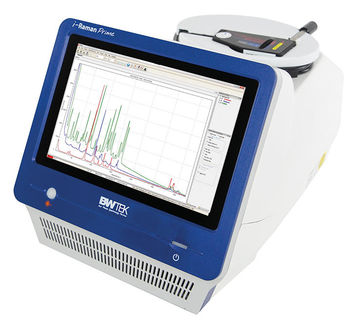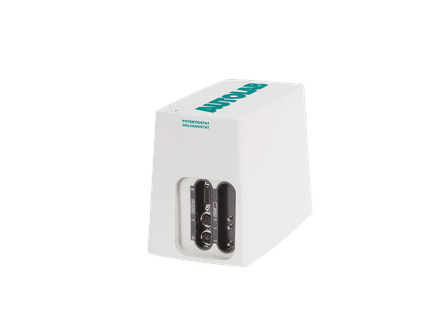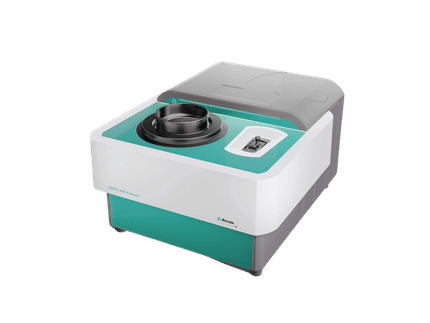To use all functions of this page, please activate cookies in your browser.
my.chemeurope.com
With an accout for my.chemeurope.com you can always see everything at a glance – and you can configure your own website and individual newsletter.
- My watch list
- My saved searches
- My saved topics
- My newsletter
National Medicinal Drugs PolicyThe National Medicinal Drugs Policy is an essential part of Sri Lanka's Health Policy, aimed at the rational use of pharmaceuticals. Product highlightBy the beginning of the 21st Century, Sri Lanka had approximately 9,000 registered medicinal drugs, hundreds of which were non-essential, unnecessary, highly expensive or even dangerous. In 1996 the Government of President Chandrika Kumaratunga had established a new health policy, one stated aim of which was to develop and implement a National Drug Policy for the rational use and distribution of drugs. While this policy continues to this day, no concrete measures had been adopted for its implementation. In 2005 the United People's Freedom Alliance Government promised to establish a National Medicinal Drugs Policy (NMPD) that would enable Sri Lankans significantly to cut down on drug expenses and get quality drugs at affordable prices while saving billions of Rupees in foreign exchange for the country. It anticipated that the implementation of the NMDP could reduce the number of drugs imported, prescribed and sold in Sri Lanka to about 350 varieties. Consultations were held with all stakeholders, presided over by Prof. Krishantha Weerasuriya, the World Health Organisation {WHO) regional drug advisor, over four days in June 2005, and the draft for the NMDP was prepared. In October, the Minister of Health obtained cabinet approval for the draft NMDP and promised that the appropriate legislation would be introduced in parliament. In February 2006 the Health Ministry called another meeting of all stakeholders and the Minister gave assurances that the NMDP would be implemented within weeks. An eighteen member National Standing Committee (NSC), including a representative of the People’s Movement for the Rights of Patients, was appointed in March to to oversee and expedite the implementation of the Drug Policy based on the Seneka Bibile principles of rational drug use. The NSC was advised by the Legal Draftsman that new legislation should be drafted for the establishment of the NMDA. During 2007, popular pressure for the implementation of the NMPD grew. In October, the Cabinet approved to a Memorandum submitted by Healthcare and Nutrition Minister Nimal Siripala de Silva on the establishment of the National Medicinal Drug Authority (NMDA) and granted its approval to draft a new Act with the assistance of the Legal Draftsman to expedite the implementation of the NMPD by repealing or amending the existing Cosmetics Devices and Drugs Act where necessary. References
Categories: Pharmaceuticals policy | Pharmacology |
| This article is licensed under the GNU Free Documentation License. It uses material from the Wikipedia article "National_Medicinal_Drugs_Policy". A list of authors is available in Wikipedia. |







